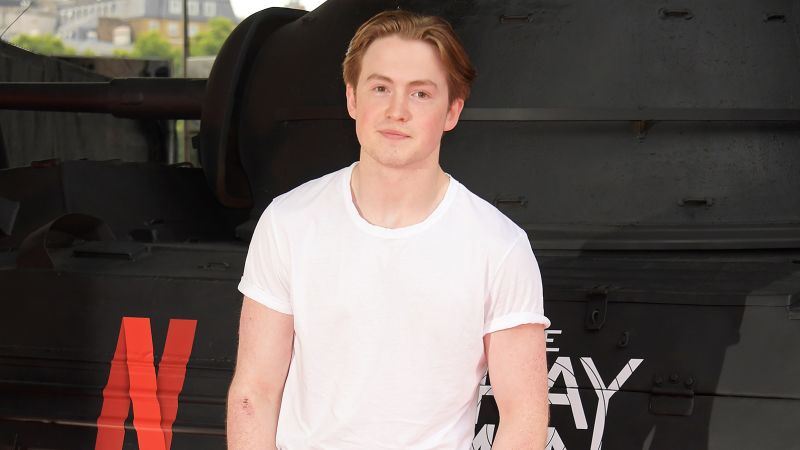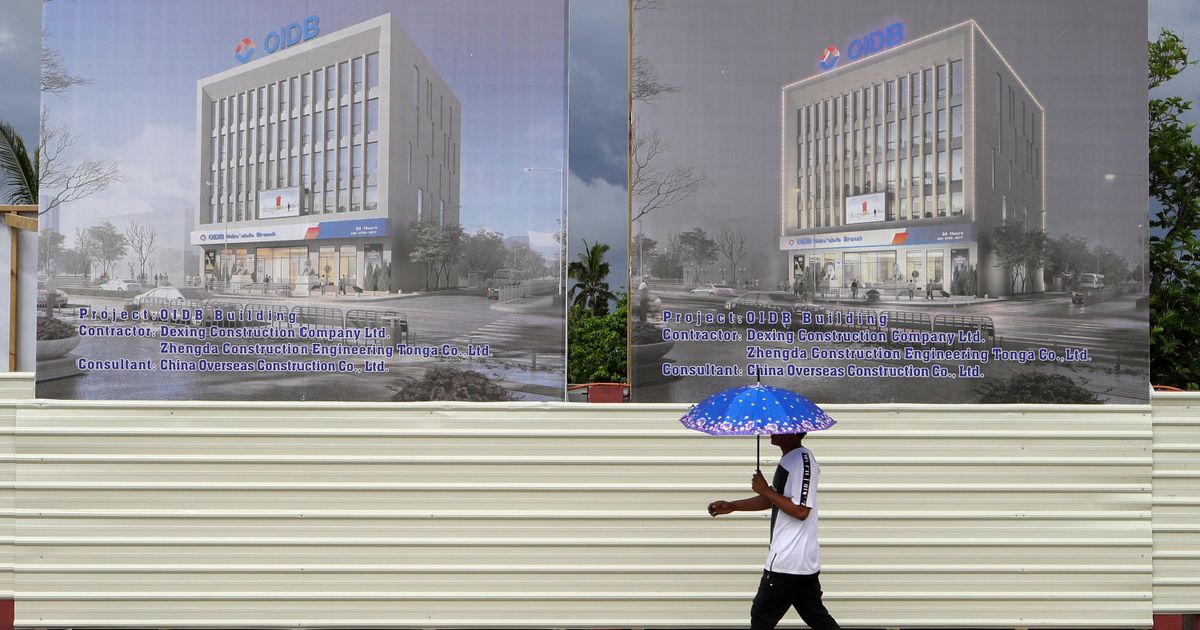Resumption of personal training program for cancer survivors

A cancer survivorship training program that provides free personal training to support Columbus cancer survivors resumed April 4 after a two-year hiatus due to the COVID-19 pandemic.
The program is the result of a collaboration between the West Central Georgia Cancer Coalition and the YMCA of Metropolitan Columbus, Georgia. This is an eight-week program that provides one-on-one personal training to cancer survivors to help build muscular and cardiovascular strength, flexibility and endurance.
The program is free for participants, said Cheryl Johnson, president and CEO of the WCGCC.
“They don’t have to pay anything because we have sponsors,” Johnson said. “We have collaborations. We are just that community organization.
Most personal trainers in Muscogee County start at around $40 an hour, said YMCA personal trainer Jeff Mobley. Participants in the cancer survivorship program will benefit from three sessions per week, he said, saving them about $960.
After surviving cancer, people need help to get back in shape and motivated, said Diane Karnes, a survivor participating in the program.
“Since it’s a free program, you can come here and practice,” she said. “Everyone here is so helpful and just wonderful.”
The program’s trainers are certified fitness professionals and have undergone specific training on how to work with cancer patients, Johnson said. Training will be built around each individual based on their needs, she said.
There are many limitations after cancer treatments, and the program is a great way to help these survivors, said Andie Blanchard, YMCA wellness coordinator. Trainers can help participants develop mobility, flexibility, balance and strength.
“And, more than anything, build those relationships to let them know there’s a place where they can come in and make friends and build community,” she said.
Before the break, Blanchard had a client in the program whose goal was to get off the floor without needing help. At the end of the program, which lasted 16 weeks at the time, her client was able to exceed this goal by working with Blanchard two to three times a week. Many survivors who participated before the pandemic also had positive experiences in the program, Johnson said.
“People have come to tell us what a big difference (the program) has made in their lives and how they are still active,” she said.
Although the program is back, the pandemic is not over, Johnson said. Social distancing and vaccinations will be required, she said, and masks will be optional. It’s important for this group to stay safe from COVID because cancer patients have weakened immune systems, Johnson said.
“IT’S VERY PERSONAL”
Karnes has been in cancer treatment for more than four years and has had several surgeries. She has a year left of treatment, she said. Throughout her treatment, she was unable to work and became depressed, Karnes said, and she is looking forward to getting her life back.
By participating in the program, Karnes hopes to become stronger and return to the activities she once enjoyed.
“Let’s say if you used to walk five miles a day,” she said. “And now you can only walk two or two and a half years or whatever because everything has taken a toll on your body.”
Another participant, Darla Spencer, said she hoped to get in shape and get rid of the fat around her midsection. She also hopes to develop better eating habits during the program.
“I’m interested in going vegetarian, should I say,” Spencer said. “So hopefully that will give me a foothold towards that door.”
Spencer is a breast cancer survivor and was first diagnosed in 1998. During her journey as a survivor, she met Johnson through “divine intervention” and became involved with West Central Georgia CancerCoalition. She now works for the coalition as a cancer care access navigator, a position that allows her to help others find the resources and services they need.
Supporting others dealing with a cancer diagnosis is important to Spencer, as she remembers the struggles she faced.
“I wore scarves. I was not wearing a wig,” she said. “I was in the elevator and walked in. And people started backing up like I had something they could grab.”
One of the best things people can do for people with cancer is to just give them a smile, Spencer said.
The key to success on the program is to not go overboard, Blanchard said, and to focus on things one day at a time. The trainers will be there to support and encourage them throughout the course.
“We call it personal training because it’s very personal,” Blanchard said. “We learn a lot about our clients inside and outside of their workouts.”




